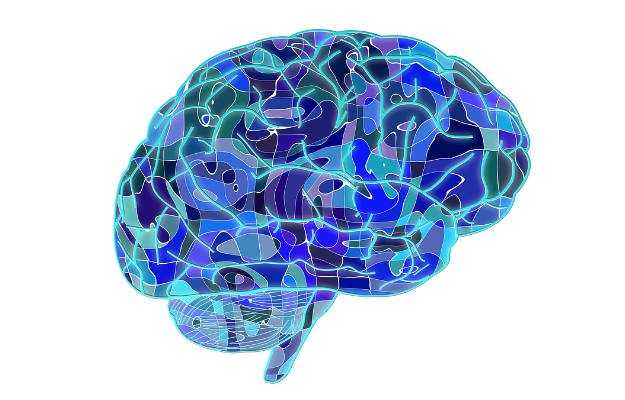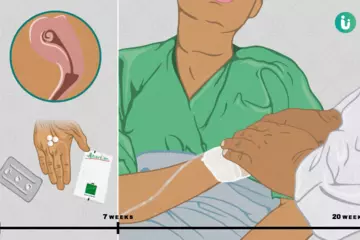What is hepatic encephalopathy?
Encephalopathy refers to a disturbance or decline in the brain functioning which causes mental confusion and memory loss. In hepatic encephalopathy, there is a decline in the function of the brain as a result of a chronic liver condition (long-term liver disease) or liver failure. Hepatic encephalopathy is most commonly observed in individuals with liver cirrhosis (long-term liver damage leading to irreversible liver scarring and a substantial decline in liver function).
What are its main signs and symptoms?
Common signs and symptoms of hepatic encephalopathy include:
- Memory loss
- Concentration problems
- Increased irritability
- Confusion
- Coordination issues
- Reduced alertness
- Unexplained mood swings
- Poor judgement of time and space
The above symptoms may also be accompanied by other neurological symptoms like:
- Seizures
- Speech difficulties (slurred speech)
- Trembling
- Involuntary twitching
- Involuntary eye movements
- Muscular weakness
Since the liver is severely damaged, the individual may also experience other symptoms associated with liver disease.
What are its main causes?
The primary cause of hepatic encephalopathy is chronic liver failure. This is mostly observed in individuals with liver cirrhosis or in people who have a history of long-term excessive alcohol consumption or hepatitis B or C infection. Due to these problems, liver is unable to carry out its function of removing the toxins from the body. The build-up of these toxins in the blood negatively affects the brain function leading to altered mental function and a host of neuropsychiatric symptoms.
Hepatic encephalopathy is not an inherited disease.
How is it diagnosed and treated?
In order to diagnose hepatic encephalopathy, the doctor will inquire about the symptoms and the medical history of the patient to rule out any other causes. Other diagnostic tests include:
- Blood tests to detect the presence of toxins, and assess the health status of liver.
- Spinal tap test (lumbar puncture) to detect any bacterial and viral infections in the cerebrospinal fluid (CSF).
- Imaging studies like computed tomography (CT) scan and magnetic resonance imaging (MRI) scan to assess the brain anatomy.
Treatment of hepatic encephalopathy consists of medications, as well as, dietary changes.
Medications are prescribed to reduce the involuntary muscle movements and suppress the toxin levels in the blood. Hepatic encephalopathy is treatable and reversible with proper medical counselling. However, as hepatic encephalopathy is primarily observed in individuals with chronic liver damage, the condition may reoccur. To prevent reoccurrence, prophylactic treatment may be prescribed by the doctor.

 OTC Medicines for Hepatic Encephalopathy
OTC Medicines for Hepatic Encephalopathy















